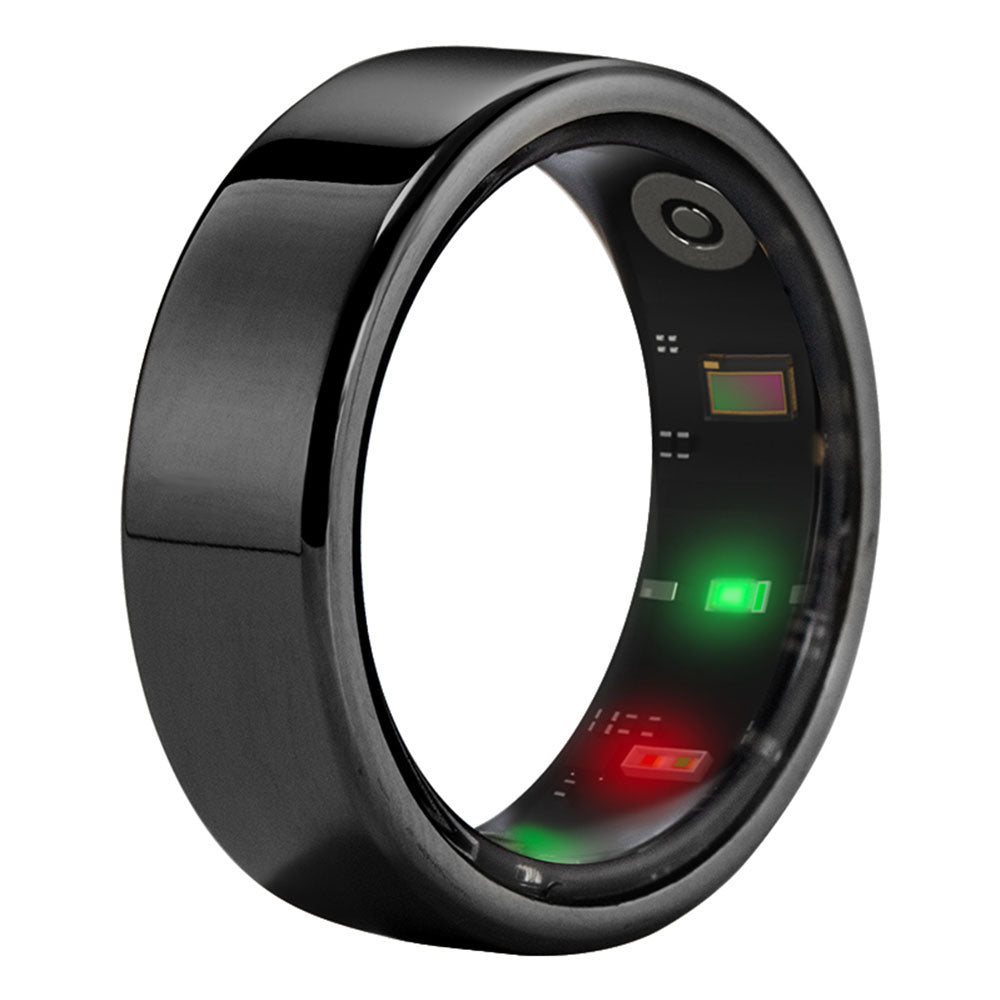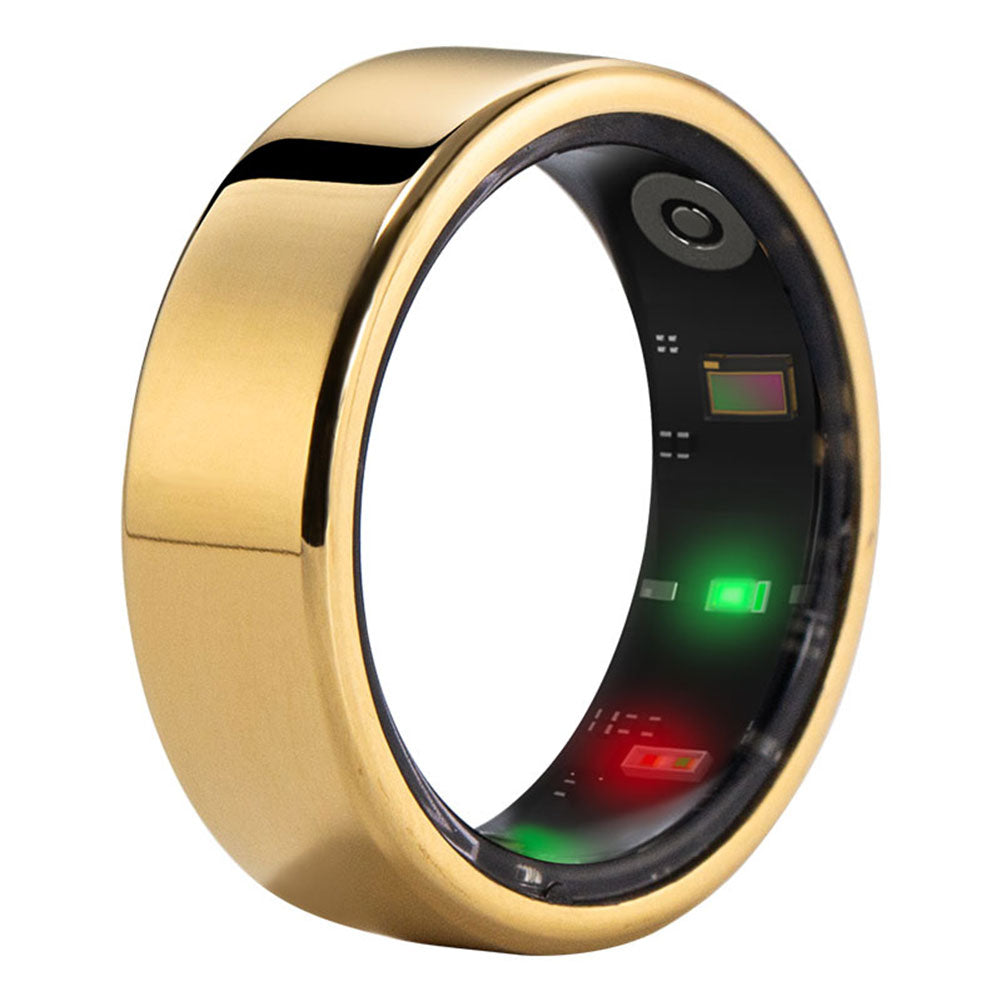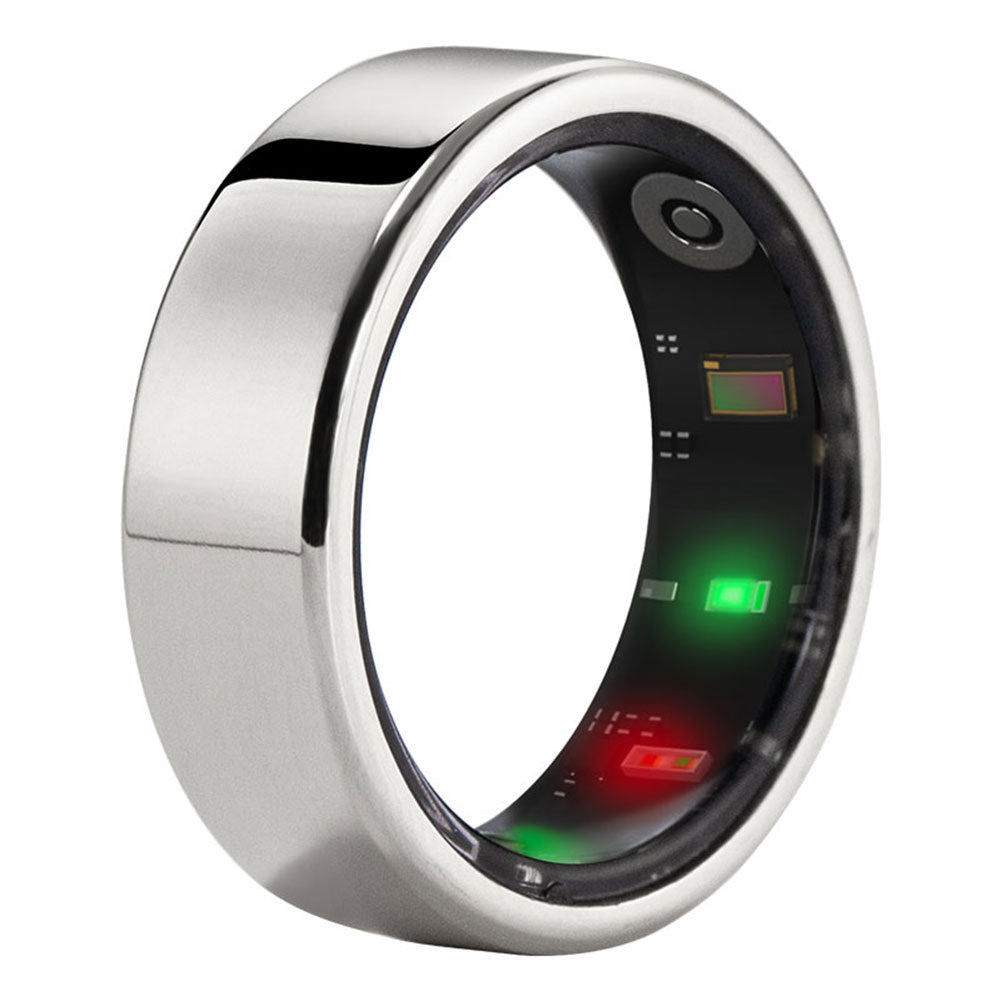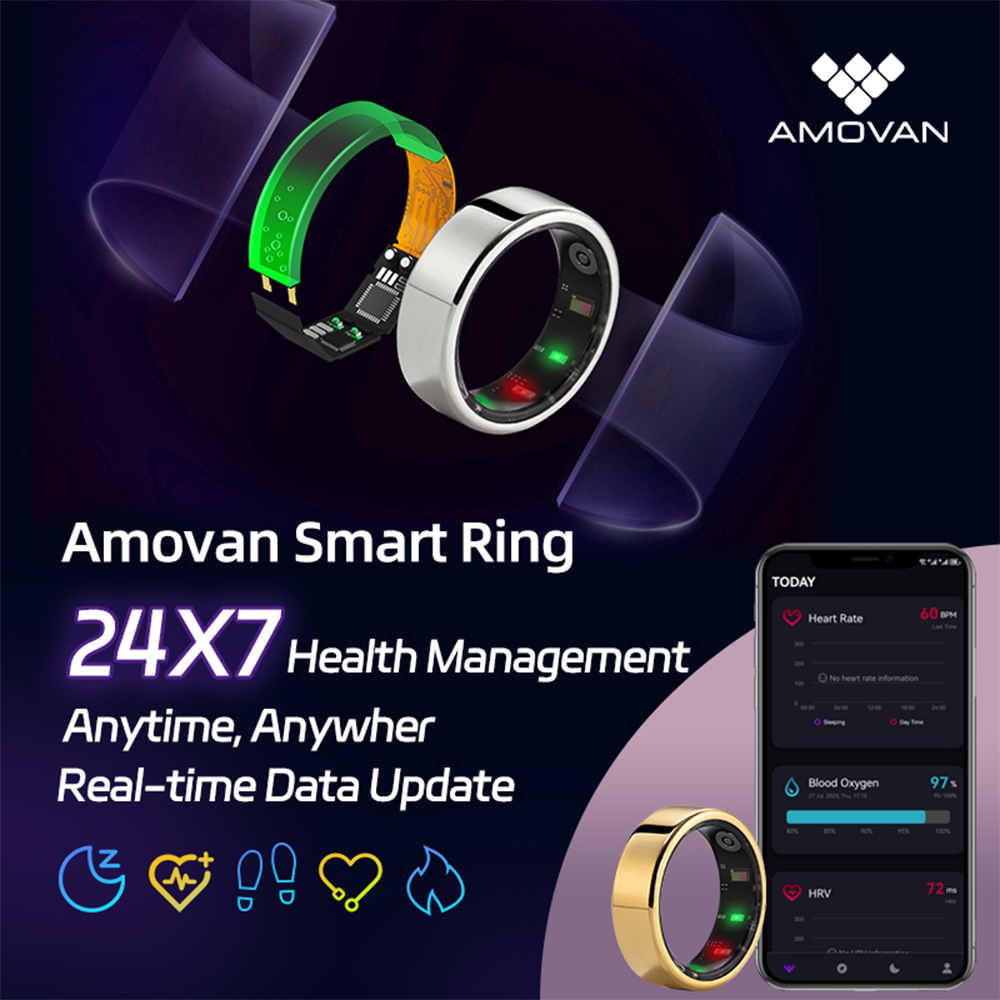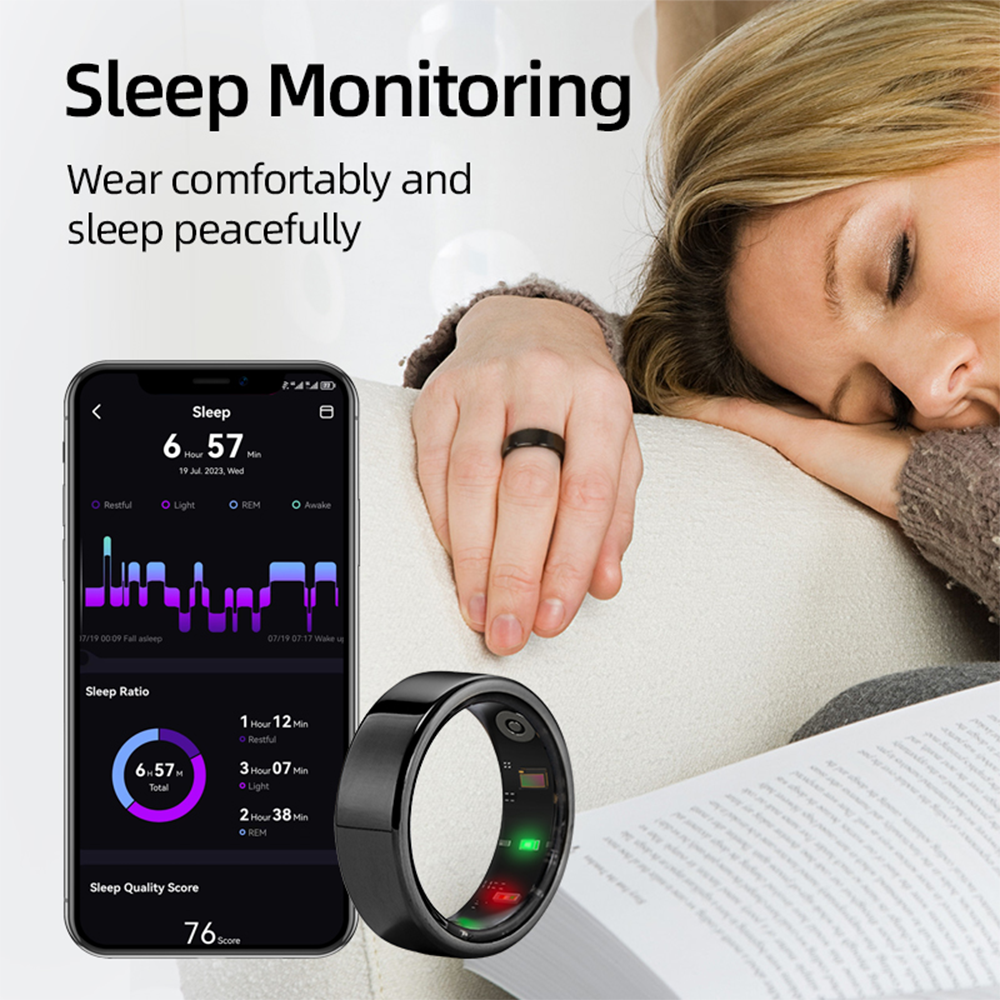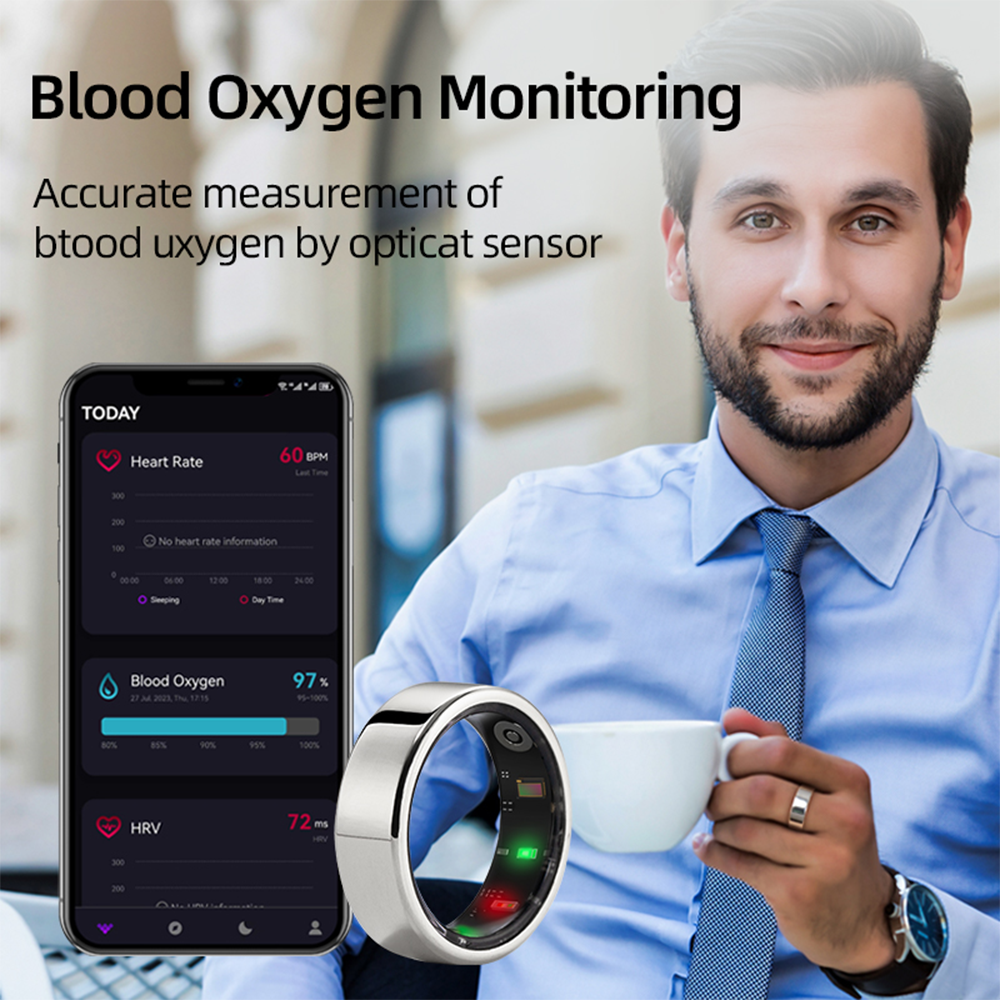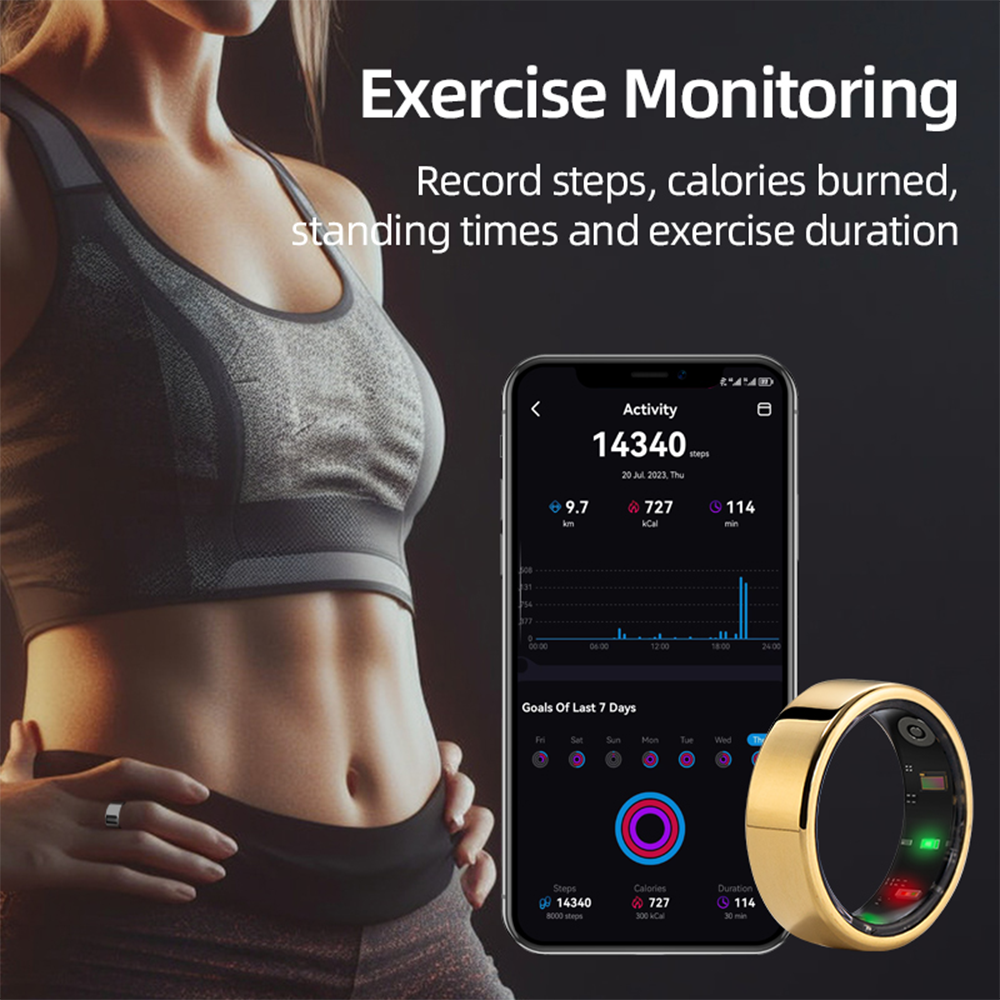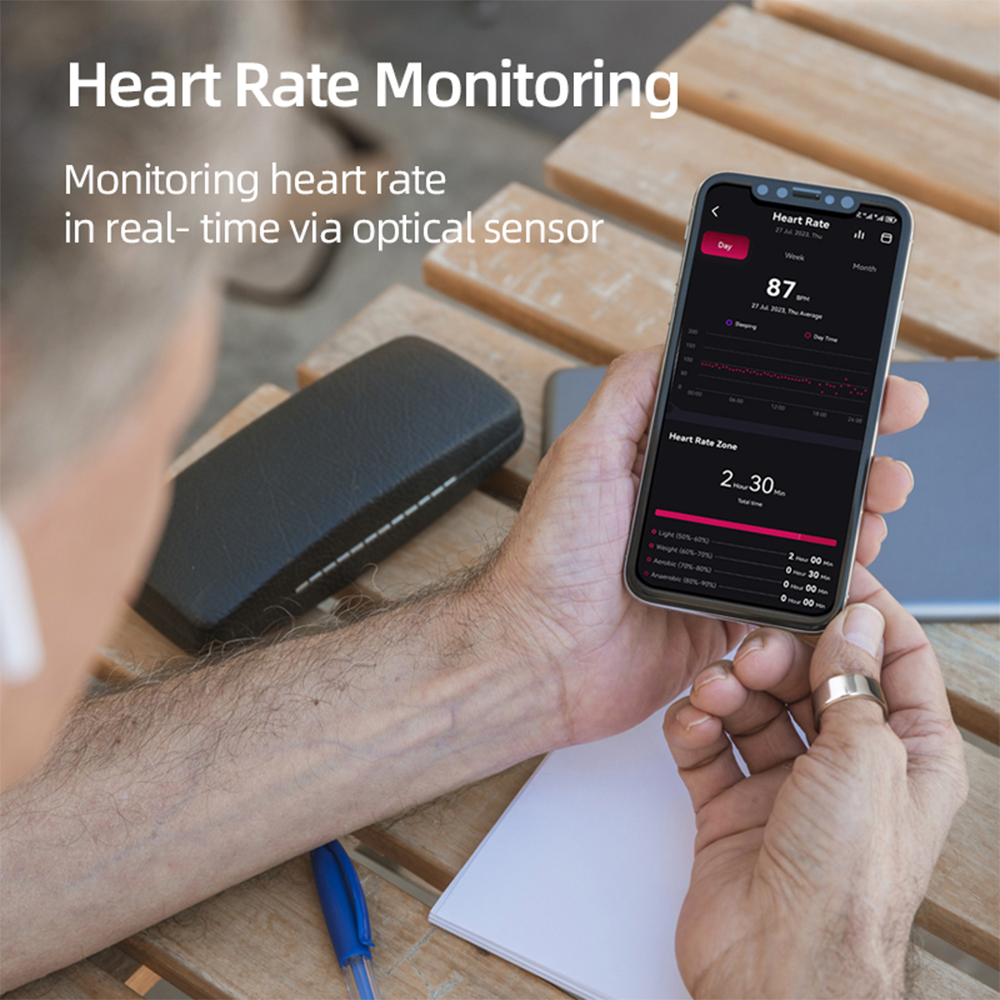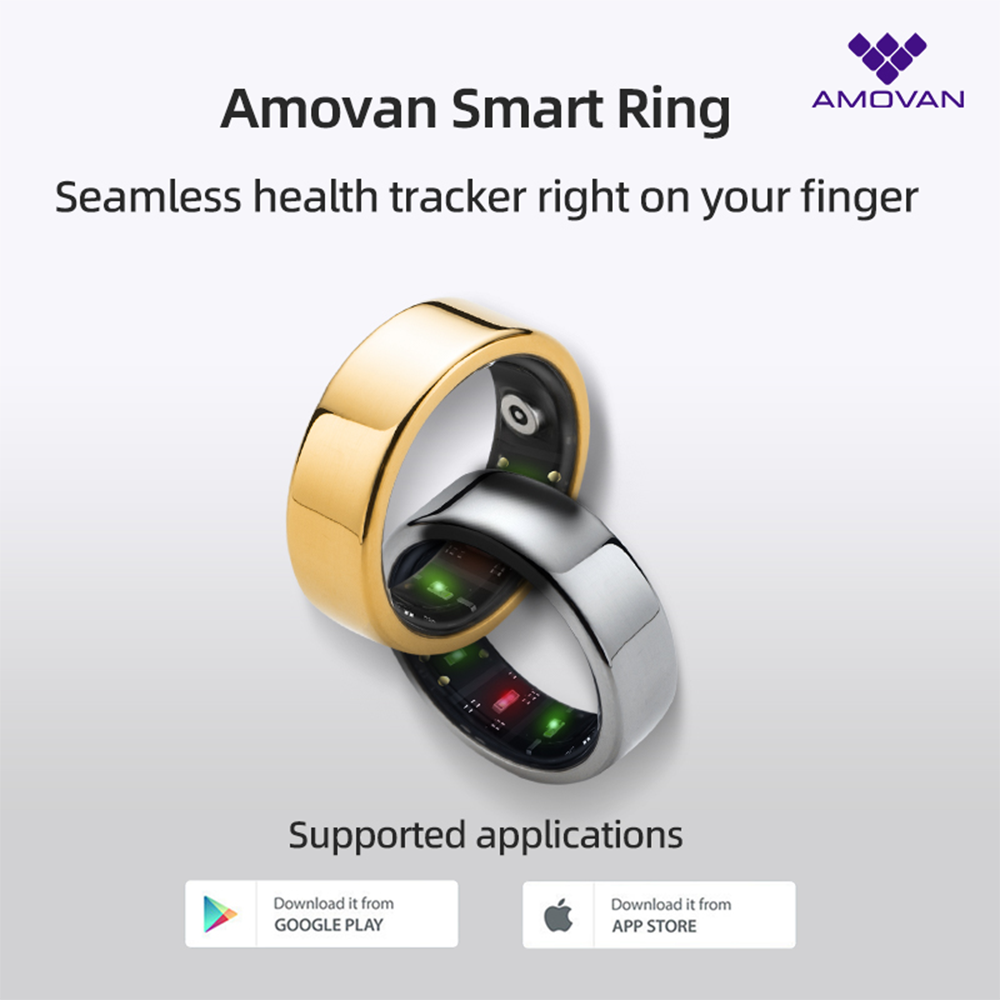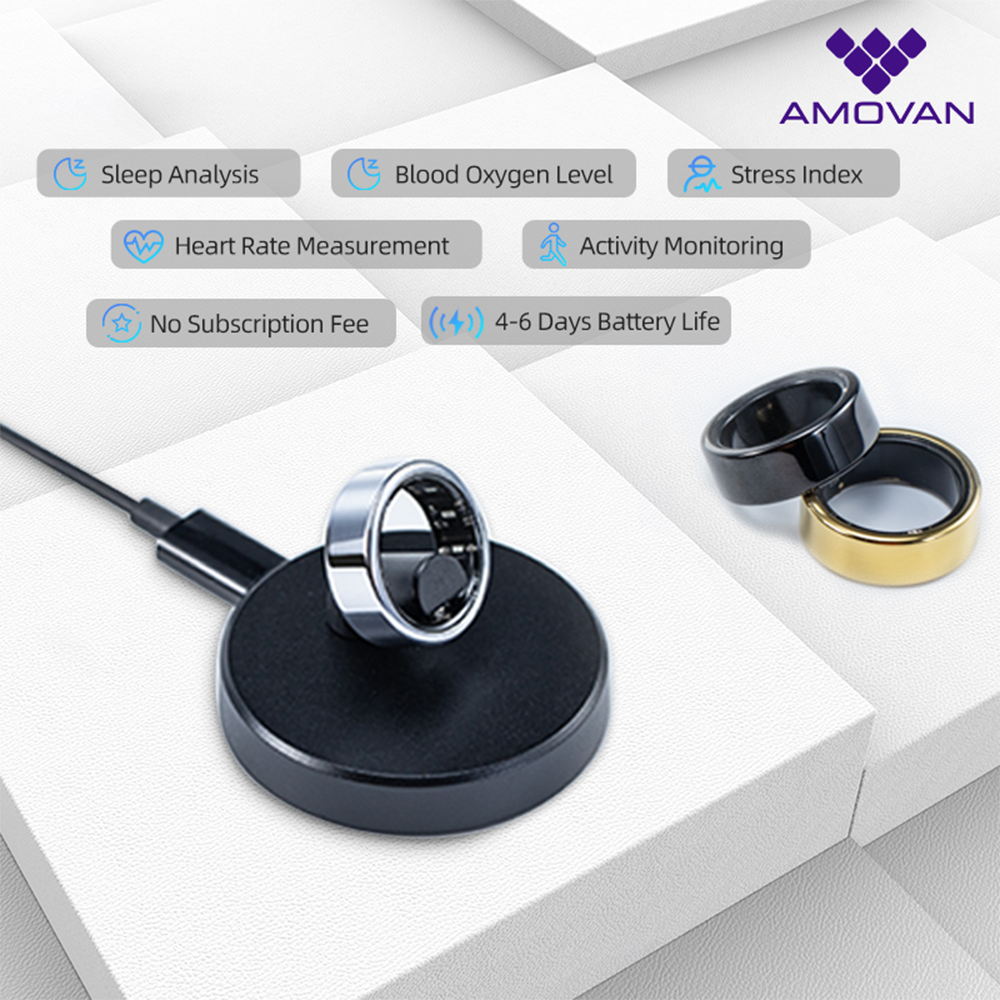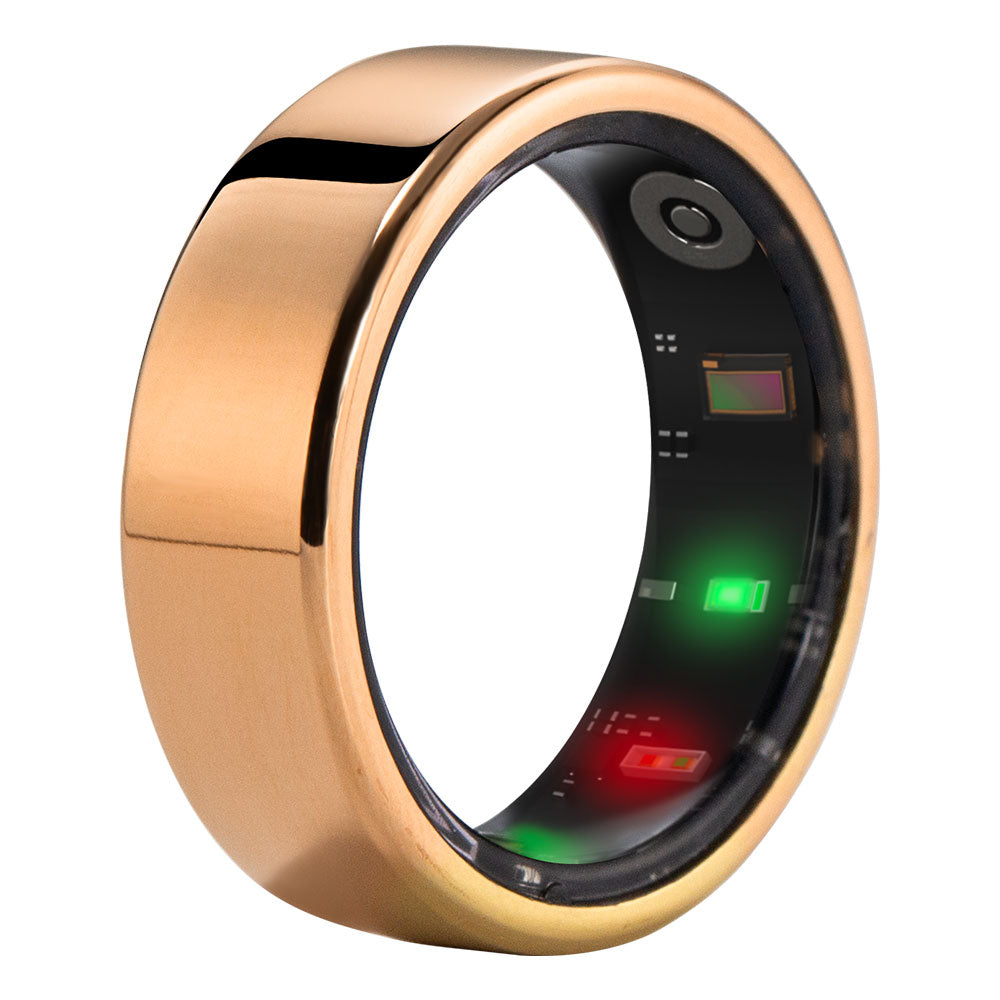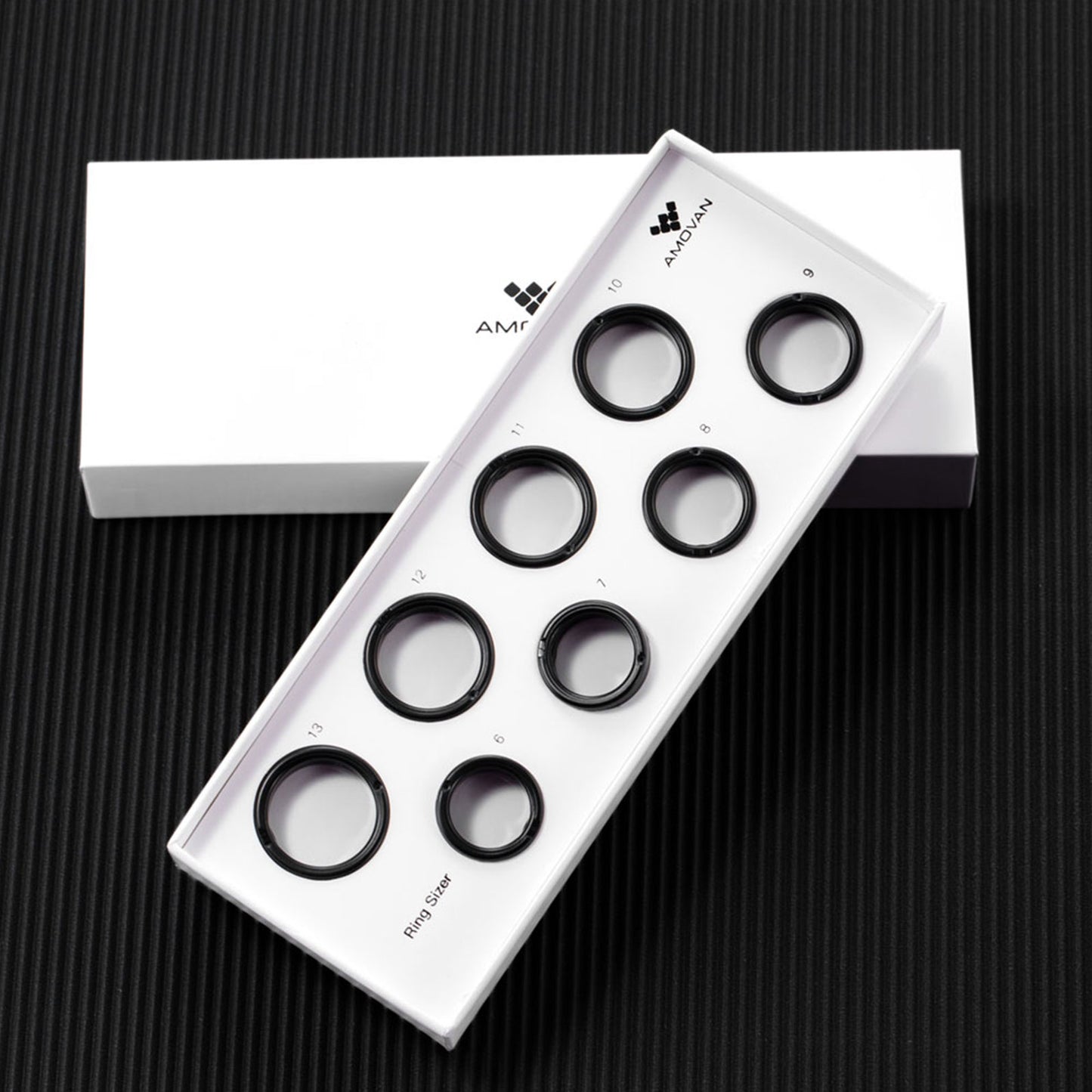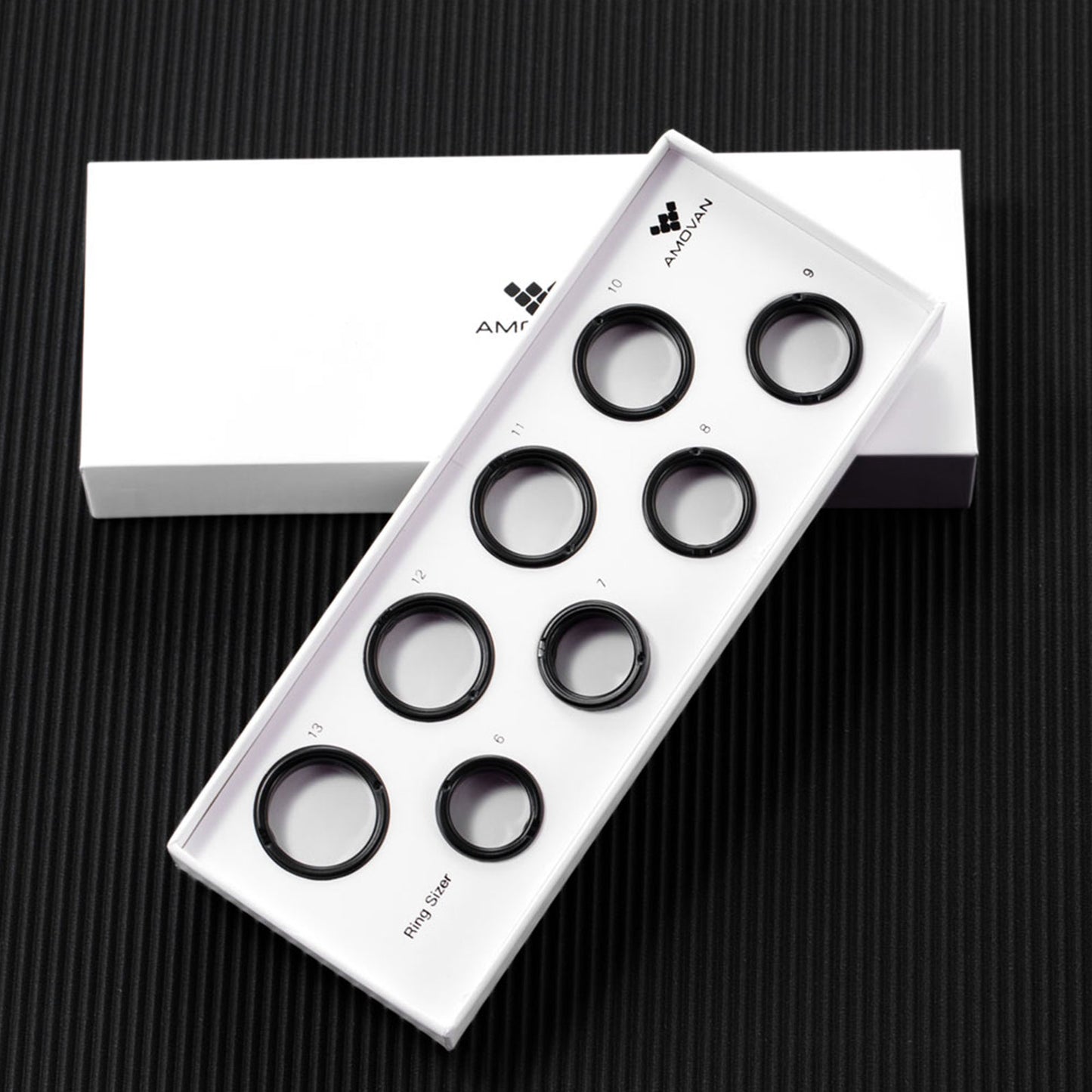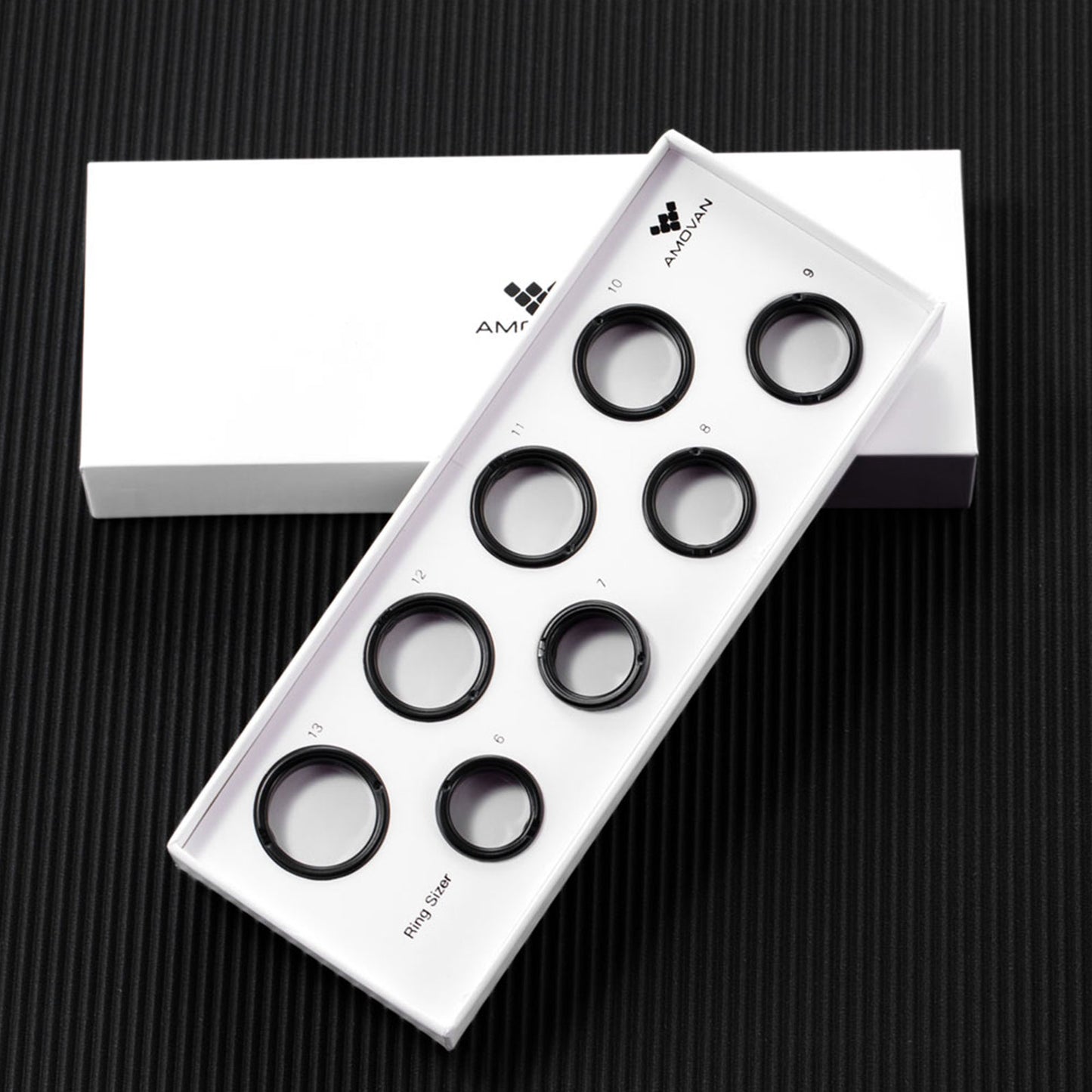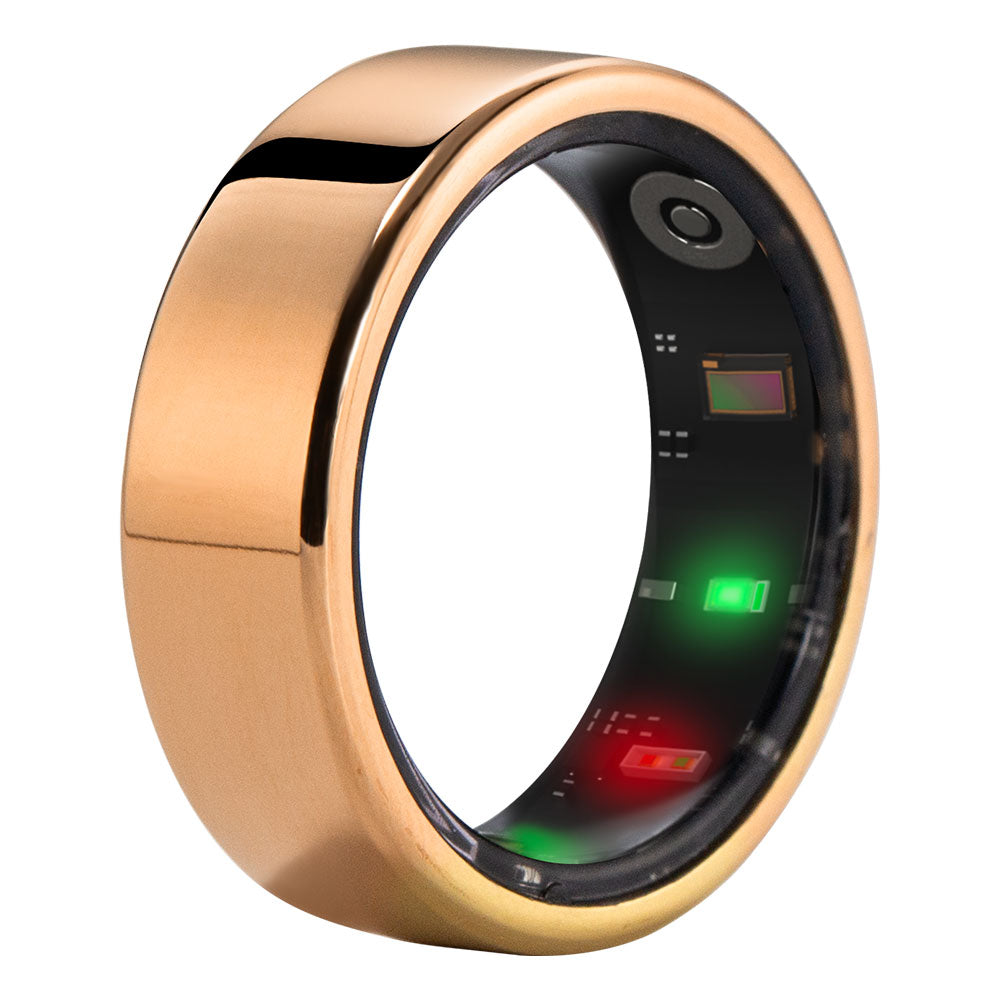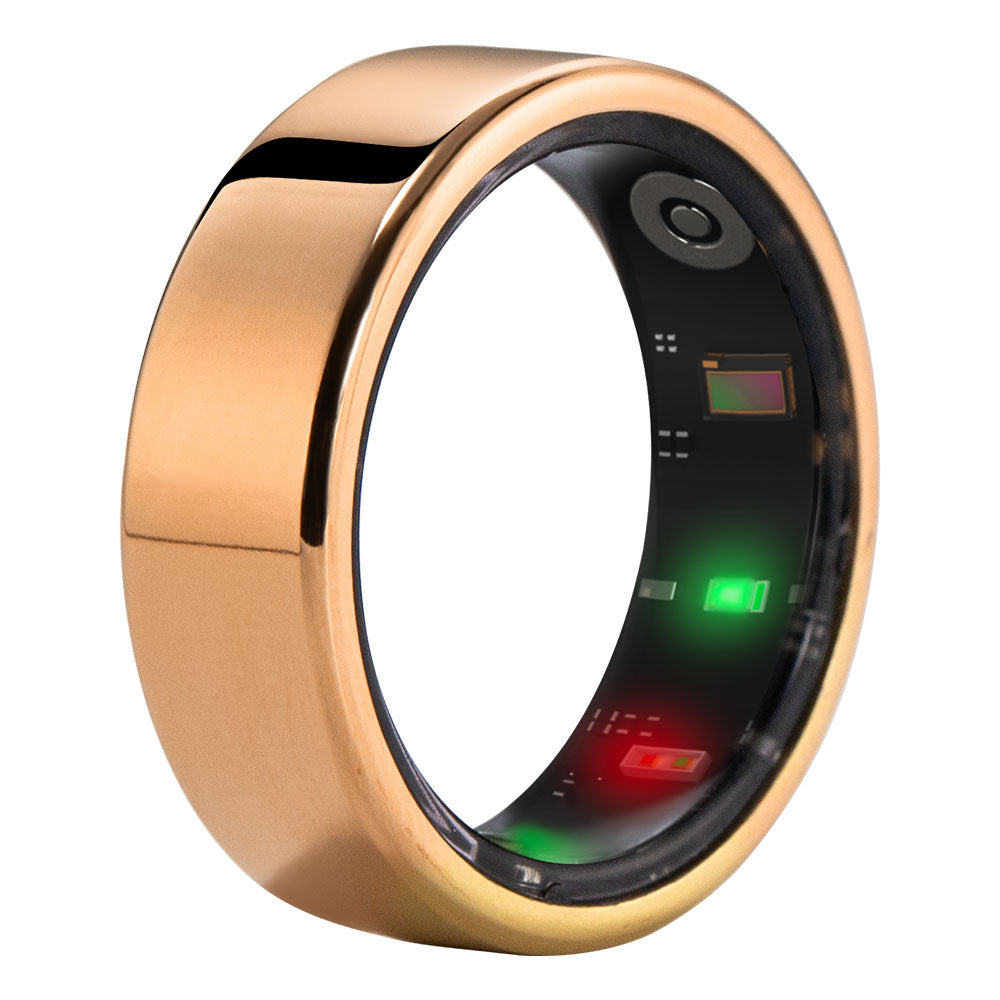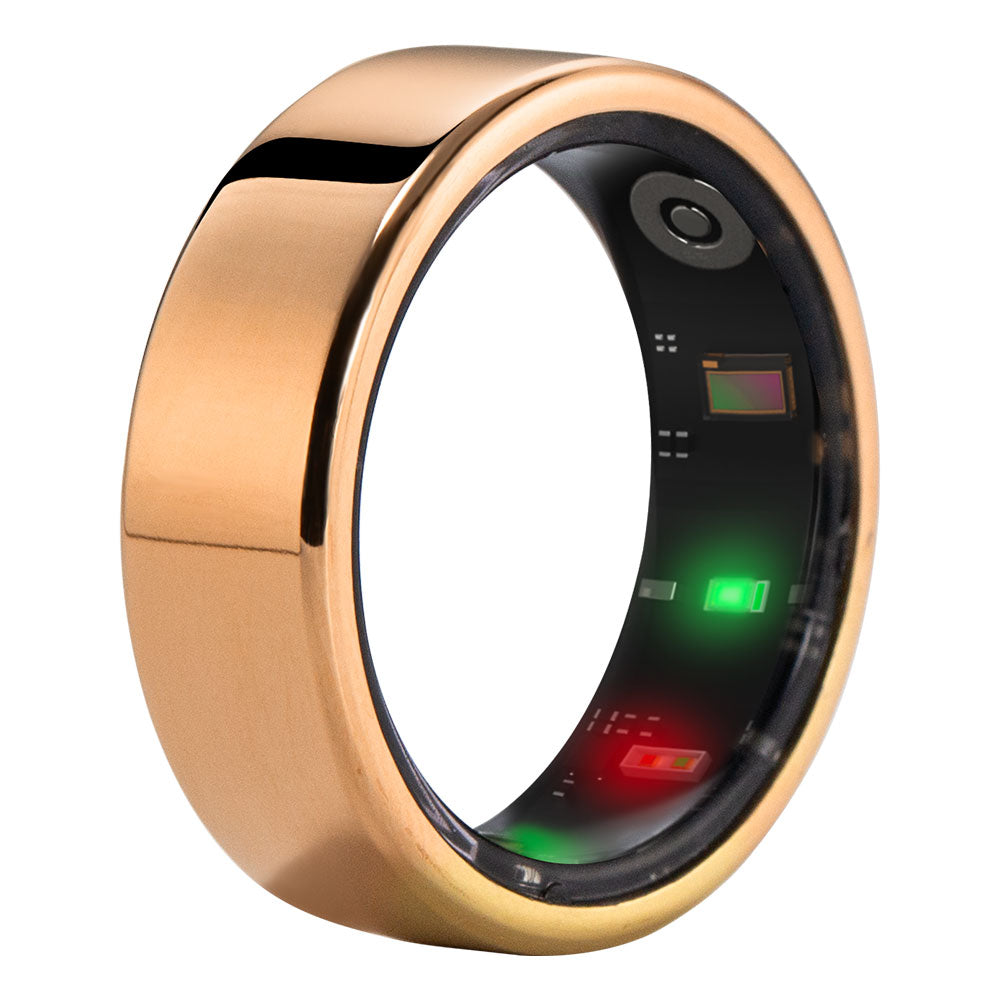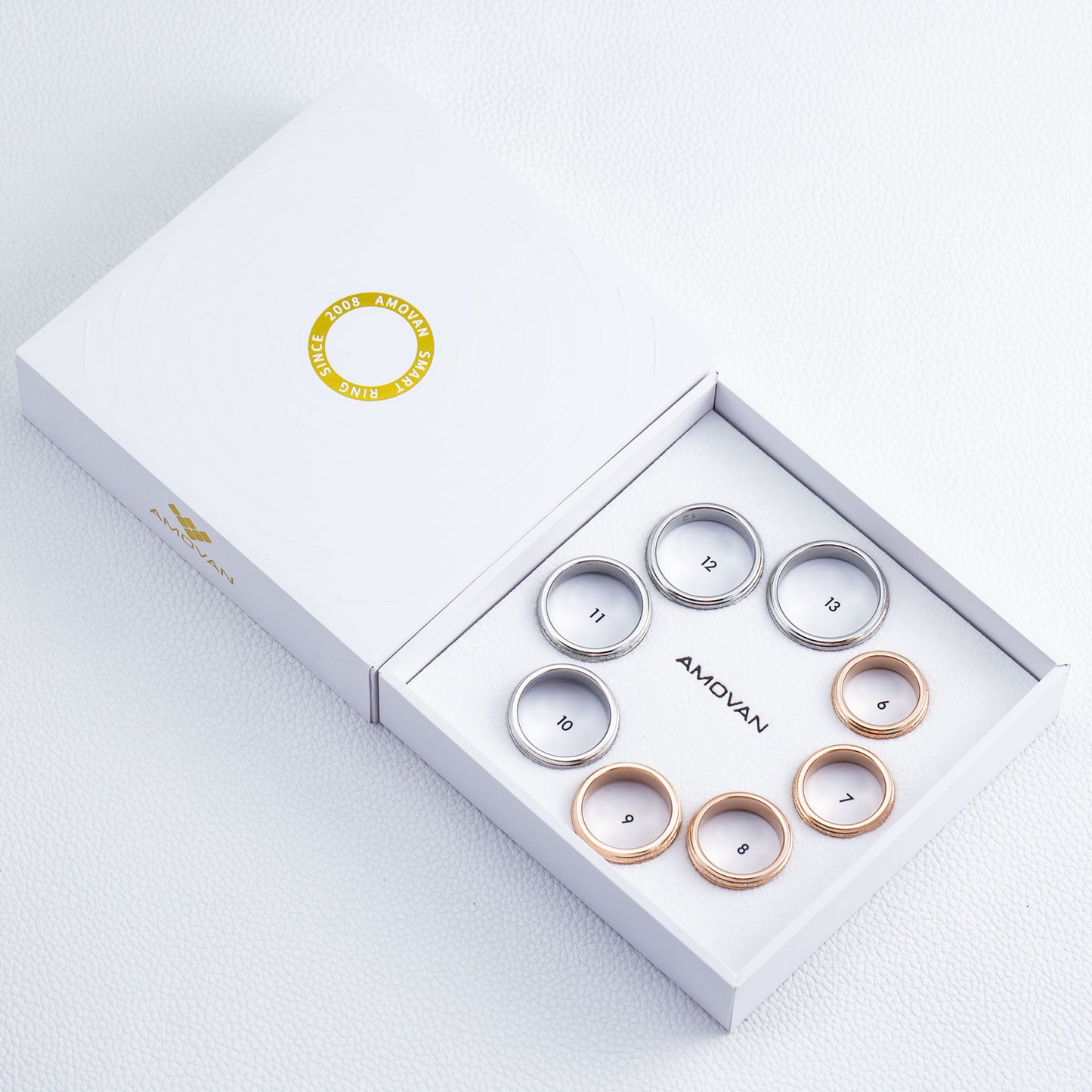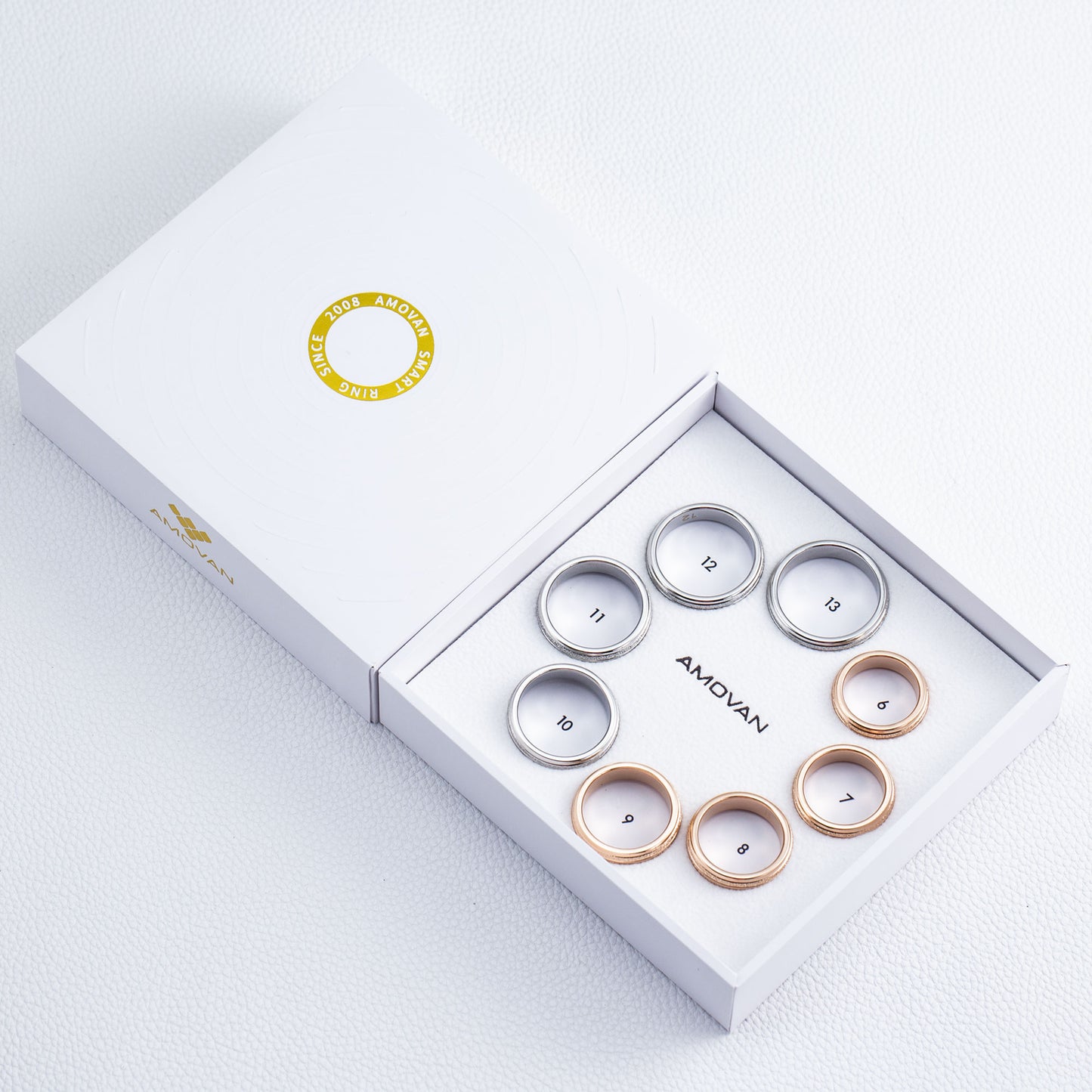Smart rings, as an emerging health monitoring device, offer compact design paired with powerful functionality, demonstrating significant potential in disease prevention and health management. This article explores the applications of smart rings in preventing various health conditions..
![]()
Monitoring Cardiovascular Health
Smart rings can provide real-time monitoring of heart rate and blood oxygen levels. By continuously tracking these key health metrics, users can identify potential heart issues early and take necessary action.

Analyzing Sleep Disorders
Many smart rings come equipped with advanced sleep monitoring features that analyze users' sleep quality and patterns. This data helps users recognize and improve sleep disorders, such as sleep apnea, promoting healthier sleep habits.

Managing Chronic Respiratory Diseases
By monitoring respiratory rate and blood oxygen levels, smart rings can detect abnormalities in the respiratory system. This capability is crucial for the prevention and management of chronic respiratory diseases, especially for at-risk populations.

Blood Glucose Monitoring for Diabetes
Some smart rings are in development to include blood glucose monitoring features. This innovation provides diabetic patients with improved self-management tools, allowing them to adjust their lifestyles and treatment plans to maintain stable blood sugar levels.
Monitoring Mental Health
Smart rings can track heart rate variability (HRV) and sleep patterns, offering deep insights into users' stress and emotional states. This is particularly important for the prevention and management of mental health issues such as anxiety and depression.

Preventing Cervical Spine Issues
By monitoring head and neck movements, smart rings can remind users to perform appropriate neck exercises. This helps reduce the risk of cervical spine problems caused by poor posture over extended periods.

Fall and Stroke Alerts
Smart rings can track users' activity and behavior patterns, which is especially significant for older adults. This feature can effectively help prevent falls and strokes, reducing the risk of emergency health situations.

Monitoring Skin Cancer Risk
Some smart rings are equipped with UV sensors that monitor exposure to ultraviolet light and alert users to take necessary sun protection measures. This functionality helps lower the risk of skin cancer and raises awareness of skin health.

Continuous Temperature Monitoring
Smart rings can continuously monitor body temperature, playing a vital role in detecting infections or other conditions that may cause abnormal temperature readings. This is crucial for early identification and intervention of illnesses.
Women's Health Management
Certain smart rings can also track women's menstrual cycles and ovulation periods, helping women better understand and manage their health.

Conclusion
With their diverse functionalities, smart rings have become essential tools for health management. Through daily monitoring and timely health interventions, smart rings can help prevent and reduce the occurrence of various diseases, providing users with comprehensive health support.
The Amovan smart ring is designed to serve as a health aid, offering you insights and reminders to support your well-being. It's important to understand that the advice and data provided by our ring are for informational purposes only and should not be considered a substitute for professional medical advice, diagnosis, or treatment.






